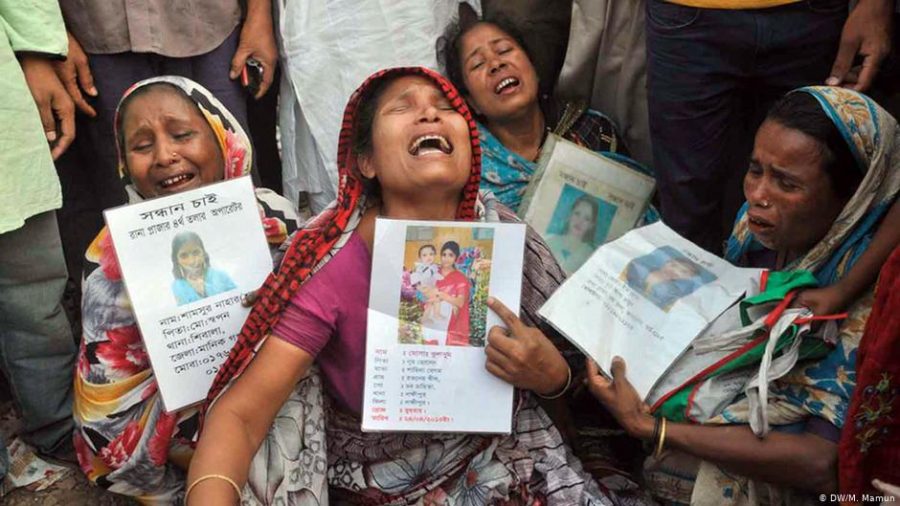The Humanitarian Crisis
How does this whole downward spiral affect people? Well, it all starts with the demand for new styles. People want more choices and more items at a lower price, basically overnight. And soon the demand for cotton and other materials begin to skyrocket. But farmers can’t meet the fashion industry’s demands, at least not naturally. So what do they do? They revert to using chemicals, pesticides, GMO’s to keep up. They don’t have a choice! Currently, more than 90% of the world’s cotton is genetically modified.
Everybody’s always so worried about the chemicals that we might be consuming, whether it be pesticides, processed foods, or GMO’s. But what about the chemicals that are in our clothes? I mean seriously, think about it. Our skin is the largest and most absorbent organ in our body. EDC’s (or Endocrine Disrupting Chemicals) are commonly used in textiles to limit mold and mildew growth on fabrics, and according to the Hormone Health Network, these EDC’s can enter the body through the skin and contribute to breast/prostate cancer growth
Soon enough, these chemicals are making their way into the communities that surround the farms. What are the effects of you ask… well, the farmers themselves are being met with diseases and premature deaths while the main effect on children are severe physical and mental handicaps. And often time, these children don’t live very long. Imagine that, your whole life was stolen from you at the ripe old age of ten, simply for the purpose of adding cheap clothes to people’s closets.
Large companies try to convince poor people to buy their products or chemicals for farming. They say that if they buy the products being sold, they will be happy and solve problems because they are consuming. The people incur debt from buying from these companies, and it leads many farmers down the dark path of committing suicide. In the last 16 years, there have been 250,000 farmers who killed themselves. That is one person every thirty minutes. Think about that, please: Two people an hour take their life because of how we live and the demand for things we have.
Here’s a bit of a twist for you. The same companies that sell these harmful chemicals that cause handicaps, also sell medicines to these people. They profit from getting people sick with pesticides. These elite companies get richer and richer, while the people suffer at the hand of demise.
One of the countries that is a large exporter for Fast Fashion is Bangladesh. It is the second largest apparel exporter after China. You would think that these people would get paid a decent amount of money for the clothes they export right? Wrong, these people get paid about two dollars per hour. A female garment worker in Bangladesh earns the same amount of money over 18 months that a fashion CEO can get on a lunch break. That is not enough to live on and support a family. Often times parents must leave their children in the suburbs with family members, so they can go to work in the city and send money. They want a better life for their child but they struggle to provide. 85% of garment workers in Bangladesh are women, meaning many of them don’t get to go to school. They don’t get the chance to get a better job because they don’t have the education.
Because we want these cheap prices and quick production, garment workers must endure TERRIBLE conditions. Much of our clothing is made by young girls who enter the industry around age 14, and during a typical day, they deal with low wages, sexual harassment, and dangerous or unsanitary conditions. On April 14, 2013, there was a tragedy in Rana Plaza. A factory collapsed in Dhaka, Bangladesh killing 1,132 people and it injured over 2,500 people. Workers had noticed cracks in the walls and ceilings and had reported them to superiors, but the managers ignored them. They were too concerned about stopping production and they wanted to keep making money. If us Americans didn’t have such a high demand for cheap clothes then maybe they would have stopped production and prevented the factory collapse. These conditions that these people experience are horrific and we should think about the effects we have on others lives.

